Introduction
Mount Fuji, often referred to as “Fuji-san” in Japanese, holds a special place in Japanese culture and history. It is a symbol of natural beauty, spiritual significance, and cultural importance. Here are 9 reasons for the multifaceted role that Mount Fuji plays in Japanese culture:
1. Iconic Symbolism
- Mount Fuji is Japan’s highest peak and is renowned for its nearly perfect conical shape, which has made it an enduring symbol of the nation itself.
- It symbolizes beauty, tranquility, and elegance, often referred to as the “Queen of Mountains.”
- The mountain’s graceful symmetry and frequent snowy cap have inspired poets, artists, and writers for centuries.
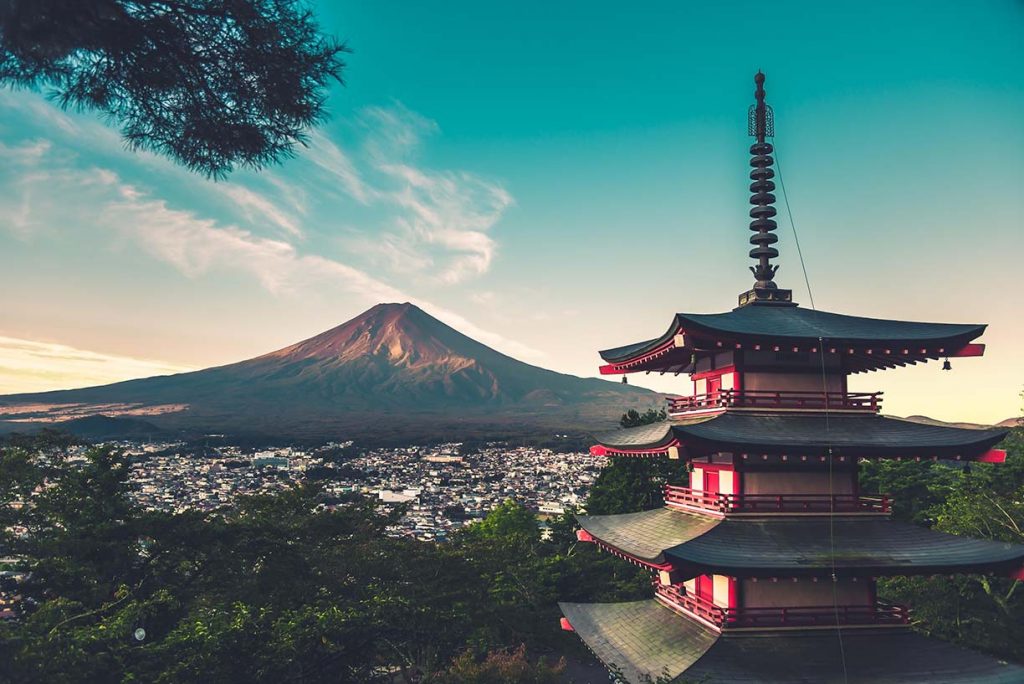
2. Spiritual Significance
- Mount Fuji has deep spiritual significance, especially in the Shinto and Buddhist traditions.
- It is considered a sacred mountain and a gateway to the heavens, with numerous shrines and temples at its base.
- Many pilgrims have climbed Mount Fuji as an act of devotion and to seek enlightenment.
3. Artistic Inspiration
- Mount Fuji has been a recurring subject in Japanese art, particularly in ukiyo-e woodblock prints.
- Katsushika Hokusai’s “Thirty-Six Views of Mount Fuji” is a famous series of prints that depict the mountain in various seasons and from different perspectives.
- Artists have captured its beauty and symbolism in various art forms, including paintings, sculptures, and photographs.
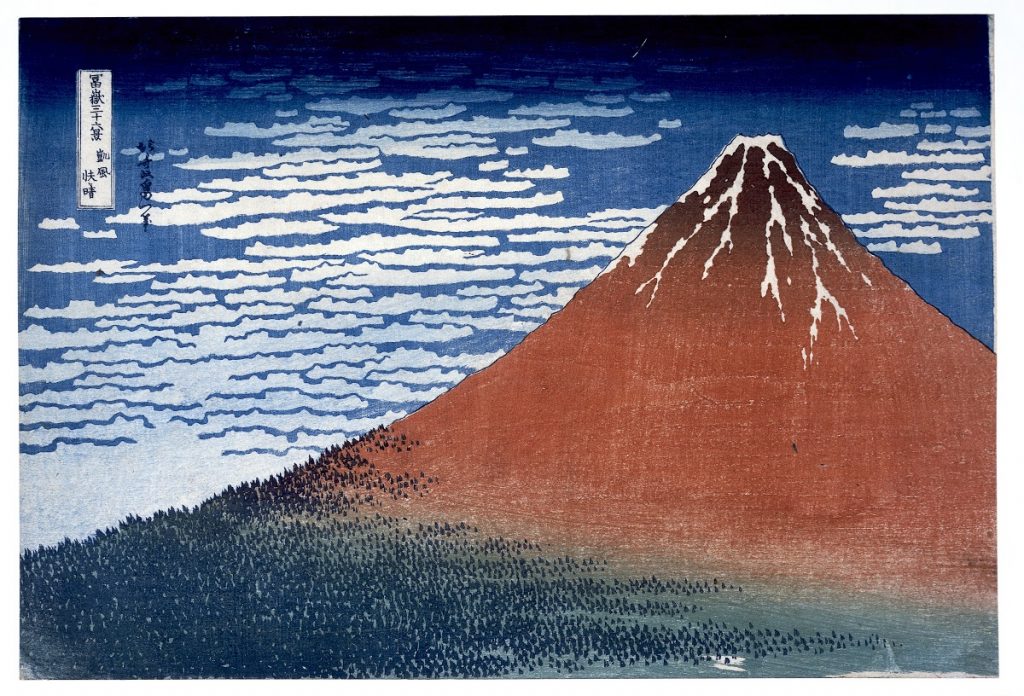
4. Natural Beauty
- The mountain is not just a cultural symbol; it’s also a stunning natural landmark.
- Its surrounding landscapes, including the Fuji Five Lakes, offer breathtaking scenery and recreational opportunities.
- Visitors from around the world are drawn to Mount Fuji for its hiking trails, hot springs, and picturesque views.
5. Literary References
- Mount Fuji has appeared in countless poems, stories, and literary works in Japan.
- It is a recurring motif in traditional haiku poetry, often representing the changing seasons and the passage of time.
- Renowned authors like Lafcadio Hearn and Natsume Soseki have written about the mountain’s significance in Japanese culture.
6. UNESCO World Heritage Site
- In 2013, Mount Fuji was designated as a UNESCO World Heritage Site, recognizing its cultural and natural significance.
- This status underscores its importance not only to Japan but to the entire world.
7. Contemporary Relevance
- Mount Fuji remains an enduring symbol of Japan in the modern era.
- Its image appears on currency, postage stamps, and various products as a symbol of national identity.
- It continues to inspire contemporary artists, photographers, and filmmakers.
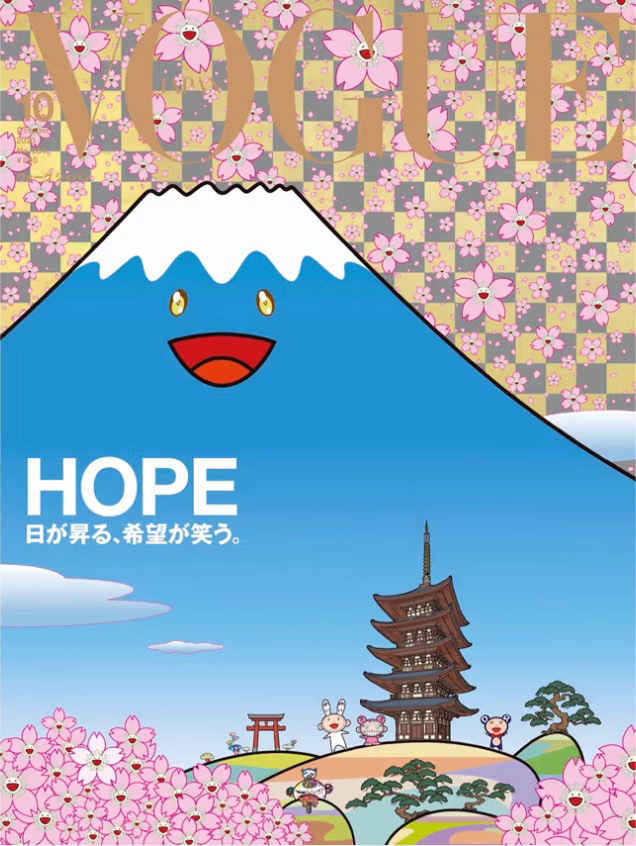
8. Recreational and Touristic Value
- Mount Fuji is a popular destination for tourists and outdoor enthusiasts.
- Climbing the mountain is a common activity during the summer months, attracting both locals and international visitors.
- The mountain’s cultural significance adds to the allure of ascending its slopes.
9. Resilience and Cultural Legacy
- Despite being an active stratovolcano, Mount Fuji has historically been seen as a symbol of stability and resilience in the face of natural forces.
- Its enduring presence in Japanese culture reflects the nation’s deep connection to the land.
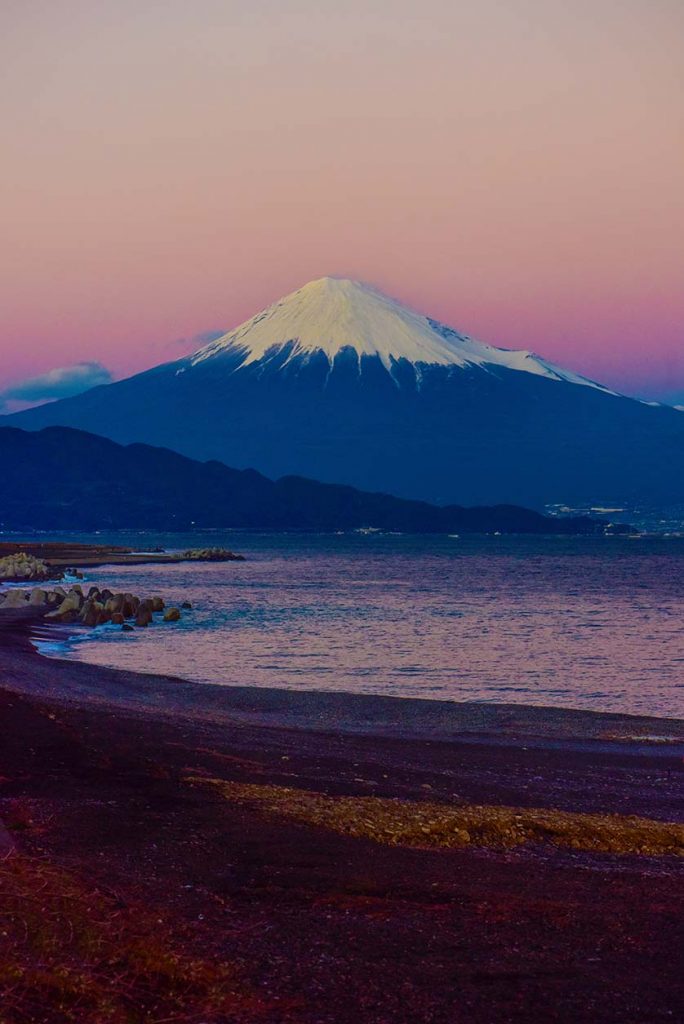
Conclusion
In summary, Mount Fuji stands as a multifaceted symbol of Japan, representing natural beauty, spirituality, artistic inspiration, and cultural identity. Its timeless allure continues to captivate people around the world, making it one of the most iconic and revered landmarks in Japanese culture.
Read Next:
- Why is Mt Fuji called Fujisan?
- 5 Best Places to See Mount Fuji: A Guide to Japan’s Majestic Peak
- Introducing Two New Contemporary Mount Fuji Art Prints
Take the first step towards your own Zen-inspired sanctuary by adding Mount Fuji wall art to accentuate your style.
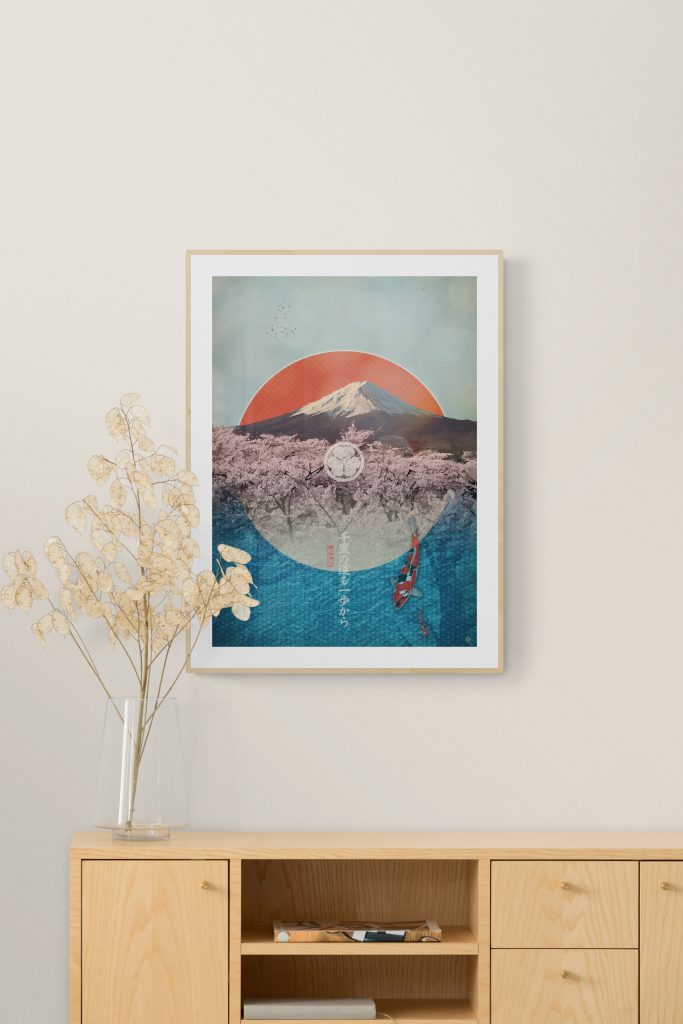
At the Art of Zen we have a wide selection of original Japanese style art prints in the ukiyo-e and Japandi style . Add some zen to your space with some art from the Art of Zen shop.
Featured photo at top by Tommy Silver on Unsplash
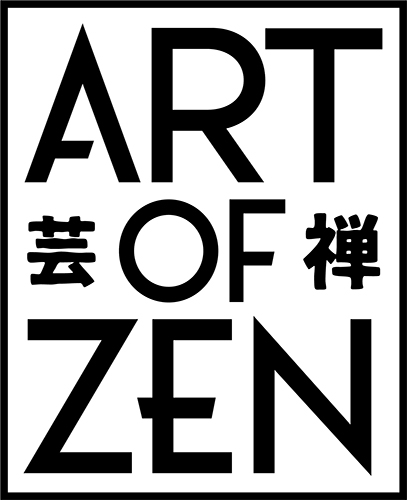



0 Comments